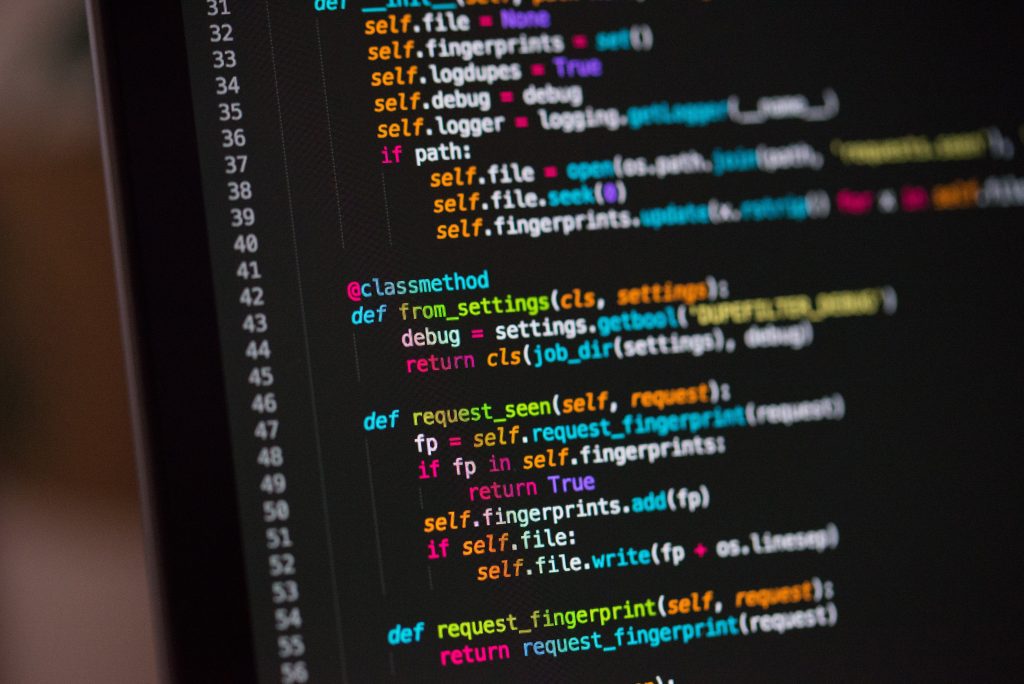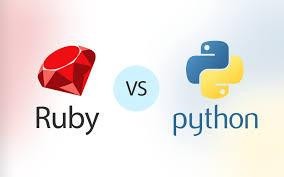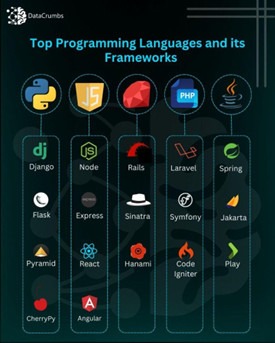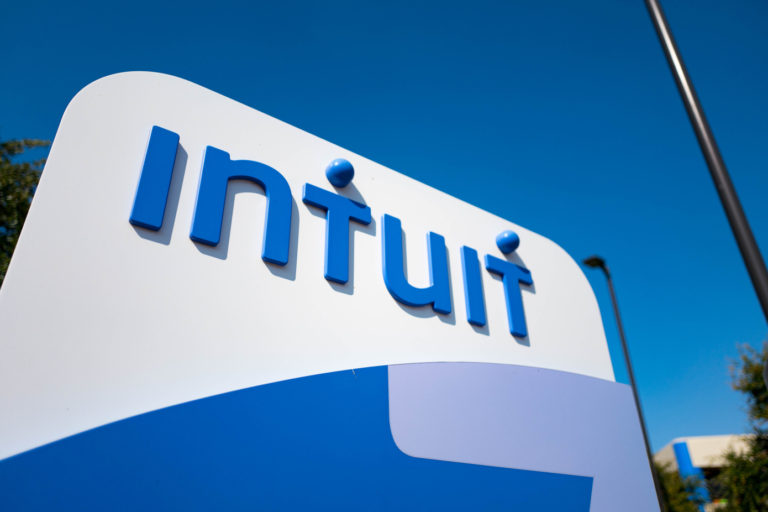Top Programming Language for Startups In 2024 – Olufemi Titlayo Samuel

The world has moved beyond just skill efficiency to a race against time. In the entrepreneurial landscape, your skills, expertise, and qualifications are not enough to guarantee scalability. Success is determined by how fast you can build, iterate, and dominate your market. This same principle applies to the tech space, this battle is won or lost based on one critical decision: choosing the right programming language.
As a newbie in tech, one of the toughest decisions you will ever make is finding the best programming language, especially because there are more programming languages than you can even remember. Careerkarma[1] highlights just a few of them.
However, while you are in search for the most efficient programming language, you must consider a few factors. For instance, you must first define the aspect of programming that interests you. According to Fullstack Academy,[2] you could either go for a scripting, procedural, functional, objective-oriented or logic programming language. These are what Dennis McWherter refers to as programming styles or paradigms.

Source: learncomputerscienceonline.
Aside from finding which programming paradigm works best for you which typically is dependent on your skill set, you must prioritise your ultimate career goals and most importantly, your audience and their preferences.
This guide will break down key factors to consider and help you make a confident, informed choice. I’ve broken them into steps for a clearer understanding.
Let’s get your startup on the right track.
Step 1: There’s No One-Language-Fits-All Solution
Before anything else, one noteworthy truth in selecting a language that promises agility and scalability is there is no “universal best” programming language. Hence, your concern should shift from finding the “best of the best” to focusing on your product type, industry and long-term vision. This is pivotal because some languages thrive in web development, while others are built for AI, mobile applications, or raw performance.
Step 2: Factor in the Following
- Speed
Always remember that time is your biggest asset when developing programming languages for your business. I mentioned earlier that business is war. Your ability to be ahead of your competitors can determine how your startup fails or progresses. One way to achieve this is by simplifying the language syntax. By this, I mean that choosing a programming language that is easy to read reduces the stress of dealing with code errors, unnecessary complexities and turn-in time. You may also want to consider the wasted time and resources. To gain momentum while being productive at the same time, two programming languages come highly recommended: Python and Ruby.

Source: Google
Does that mean other programming languages are inefficient? No. Remember ? the focus is readability. But why are these two considered a good choice for startups? I’ll tell you.
Python and Ruby are designed to be simple, intuitive and easier to comprehend. Take, for example, Python’s strict indentation keeps everything structured. Ruby’s syntax almost looks like the English language. That’s not all.
Interestingly, another major merit of Python is that it offers you a few other packages ? for free.[3]. On the other hand, Ruby also stands out because it often requires fewer codes to build structures; therefore, allowing developers to launch their products faster.
- Scalability and Performance
Every developer aims to experience exponential growth even though their startups may have begun small. What you need for this particular experience is a programming language that can handle high traffic, multiple concurrent users, and real-time processing. Some languages are designed to support high concurrency and performance better than others.
Your “best” choices in this instance are: Go, JavaScript (Node.Js) and Java. Why do they matter?
Go is highly efficient, lightweight, and built for high-performance applications. Great for microservices and distributed systems. JavaScript (Node.js) is perfect for handling real-time applications like chats and streaming services. Non-blocking I/O makes it scalable. Because Java is time-tested, it makes it an excellent option for large-scale applications with extensive memory management and strong multithreading support.
These three are also ideal for building stronger communities. A typical developer community allows for continuous updates, third-party libraries, and quick problem resolutions.
Speaking of communities, statistics show that the largest developer community is Python with over 20 million active developers globally.[4] However, you may need other backend development with libraries like Flask, and Django. While the former is a more functional framework, the latter is minimal.

Source: Spectrum.ieee.org
- Cost-Effectiveness
As a beginner in the tech space, you must be mindful of hiring costs and the availability of skilled developers (that’s if you are starting with other developers). The three widely adopted languages that make it easier to find talent and reduce hiring struggles and costs are: Python, Java and Python.
Known for its ubiquitousness in web development, JavaScript makes it an easy search to find experienced developers. Since Python is growing in popularity due to its use in AI, automation, and web development, many developers seem to tilt towards this programming language. JavaScript has been around for decades and is widely used in enterprise applications, ensuring a vast pool of skilled professionals.
- Versatility and Use Cases
You must understand that every startup has unique needs, and using different programming languages is the beginning of failure. Your choice should align with your product vision. At this stage, you may want to ask yourself the following questions:
What programming languages does your team know so well?
Which of the programming communities should you belong to?
What programming language are your competitors using?
What is the trend saying?
To help you make a smart move in answering the questions asked above, here is a breakdown of some of the major programming languages across industries.
- For E-commerce, go for JavaScript. This is the language for complex data management.
- To develop a functional product for engineers, what you need is Objective-C. You may also use C++ for other applications.
- Python is a great choice for the healthcare sector because it is essential for developing telemedicine and other health-related apps.
- Use SQL for marketing. SQL is efficient for understanding and analysing market trends and customer behaviours.
- Automotive businesses need languages such as C and C++. These two languages often favour developers because of their ability to handle low-level machine operations. Little wonder C++ comes really handy for the media.
- You cannot talk of cybersecurity without mentioning JavaScript. JavaScript is famous for its strength in identifying potential security issues.
And the list goes on and on. Overall, your main target should be to familiarise yourself with various industries and their needs. In doing so, you know what your product development should entail.

Source: unstop
Step 3: Know the Languages’ Frameworks
Many beginners often confuse these two because they work hand in hand. I’ve put this in the simplest form.
A programming language lets you write code, while a framework helps you build an application faster and more efficiently. For example, Python or JavaScript allows you to give instructions to a computer, while frameworks like Django (for Python) or React (for JavaScript) provide ready-made tools and a structured way to develop applications.
Understanding this distinction is crucial for startups choosing their tech stack. A strong programming language provides flexibility, while a robust framework speeds up development, reduces errors, and ensures scalability. Selecting the right combination can determine how quickly and efficiently your startup launches and grows. So, before diving in, consider both the language and the framework that best aligns with your goals.

Source: LinkedIn Post
To buttress this point, I have developed a concept called The Decision Matrix. This matrix shows you what framework is more suitable for a particular language.
| STARTUP TYPE | PROGRAMMING LANGUAGE(S) | SUITABLE FRAMEWORK (S) |
| Web Application | JavaScript | React, Nodje.js |
| Data Science | Python | Django, TensorFlow |
| Mobile Apps | (Swift and Klotin) | iOs and Android respectively |
| Backend Development | Go, Java, Python | Gorilla, Vaadin |
| MVP | Ruby, Python | Ruby on Rails |
Closing Thought
As far as programming languages are concerned, there is no universal best language — it depends on your startup’s needs. If speed to market is critical, JavaScript and Ruby are excellent. If scalability is your priority, Go or Java might be better. Similarly, AI-driven startups should look no further than Python.
Lastly, be ready to adapt when necessary. Your tech stack should evolve as your startup grows. Choose wisely, be adaptable, and pivot when needed.
[1] https://careerkarma.com/blog/how-many-coding-languages-are-there/
[2]s https://www.fullstackacademy.com/blog/nine-best-programming-languages-to-learn
[3]https://fireart.studio/blog/whats-an-ideal-programming-language-for-a-start-up/#:~:text=It’s%20a%20versatile%20language%20for,uses%20JavaScript%20to%20some%20degree.
[4] https://www.developernation.net/blog/language-communities-who-leads-the-way/
_______________________________
About the Author:

Olufemi Titlayo Samuel is a seasoned software engineer specializing in building and optimizing financial technology applications, value-added services, and mobility tech products. His expertise extends to payment integrations, USSD solutions, educational platforms, digital services, and system integration.
With a strong technical foundation in Java, Spring Boot, AWS, Kubernetes, MySQL, MongoDB, DynamoDB, PostgreSQL, and MSSQL, he excels at developing scalable and efficient digital solutions.
When he’s not coding, Olufemi enjoys sharing insights on cutting-edge software development practices and contributing to the tech community projects.







